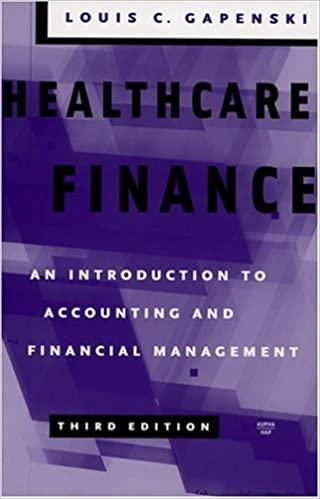Question
Rutvik Vaghasiya is a 60 year old teacher. Ontario teachers are lucky because they get indexed defined benefit pensions. His salary now is $70,000. If
Rutvik Vaghasiya is a 60 year old teacher. Ontario teachers are lucky because they get indexed defined benefit pensions. His salary now is $70,000. If he works until he is 65 his salary will rise by 3% each year and then he will have 25 years of service. His pension pays 2% x the number of years of service x the average of his last five years of earnings. His pension is indexed to inflation after his first year of retirement. He has a disabled daughter who is confined to a wheelchair and who will need continued support and so he will need 90% of his salary in pre-tax retirement income. He will start receiving at age 65 $7,000 p.a. in OAS and $14,000 p.a. in CPP. He has no RRSP room because of his pension contributions. In addition to his pension contributions at work he is able to save a bit in his TFSA, $6,000 p.a. and it already has $85,000 in it. His investments until he retires earn a nominal rate of return of 6%. Once he is retired he will move to a less volatile investment strategy that is expected to earn 2% p.a. in real terms. We use a real rate of return after he retires because all his income is indexed and therefore the value in his first year of retirement is in real dollars. Assume his salary increases work like this: during next year ending at age 61 he will earn $70,000 X 1.03 = $72,100, and so on each year. The rate of inflation is 1.5%. His marginal tax rate is 40% before retirement and 32% once he is retired. He would like to provide income for 30 years of retirement, and the value of his house a long time from now will provide support for his disabled daughter if she lives longer than he does.
a. What will be is salary in the last year he works (the year he turns 65)?
$75,410
$76,531
$77,286
$81,149
$87,233
b. Assume that his final year salary is $80,000 and his five year average for the pension calculation is $78,000. How much income does he believe he needs in the first year of retirement? Answer
c. Assume that he needs $68,000 income in the first year of retirement and his five year average for the pension calculation is $78,000. What is his income shortfall after all his pension income?
He does not have a shortfall, he has a surplus
$8,000
$6,000
$10,000
$5,814
d. Assume his income shortfall in the first year is $7,000. Remember, this is in real $ now. How much must he have saved in before-tax dollars to fund the income shortfall in retirement?
$156,775
$121,044
$96,354
$168,111
$142,487
e. Assume he dies before his daughter. What is the best way to extract value from the house to support her?
Reverse Mortgage
Home equity line of credit
Sell the house and move to an assisted living facility
Rent the house and move to an assisted living facility
Transfer his TFSA to his daughter
Step by Step Solution
There are 3 Steps involved in it
Step: 1

Get Instant Access to Expert-Tailored Solutions
See step-by-step solutions with expert insights and AI powered tools for academic success
Step: 2

Step: 3

Ace Your Homework with AI
Get the answers you need in no time with our AI-driven, step-by-step assistance
Get Started


